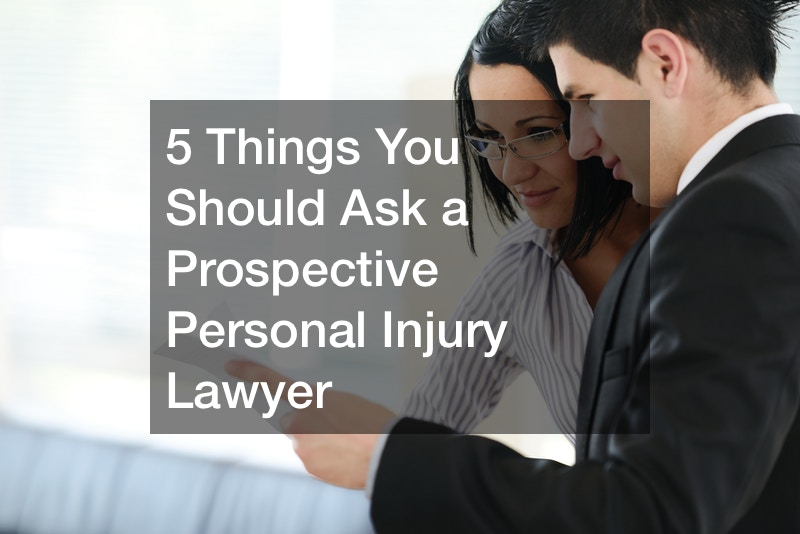Updated 05/11/22
Personal injury lawyers provide legal representation to those who have been injured. The type of injury can be either physical or psychological, and the offending party can be an individual, company, government, or any other entity. When you appear in court claiming the defendant caused you harm, you need personal injury documents, which are the backbone of your case. These prove your suffering and include documents such as medical records, property damage bills, witness statements, police reports, correspondence and notices, proof of wage loss, etc.
Many personal injury litigation cases are settled out of court; about 95% of cases involve lawyers for either party hashing it out. This, of course, saves money and time for all involved. This is great for personal injury victims because it is less stressful, but there are instances where you may wish to go to court, though that comes with its own risks as well. Your personal injury lawyer should advise you on the best way forward. One thing that may help you decide is knowing the typical personal injury payouts. From the years 2016 to 2021, the average personal injury settlement amount was $62,600.

If you’re simply wondering how to find a personal injury attorney, the answer isn’t overly complicated. You can search online, choose from a directory maintained by your local bar association, or even just call one of the numbers you’ll find on TV commercials or billboards all around you. The question you really should be asking, however, is how to find a personal injury attorney who meets your particular needs. Here are some questions you should ask to ensure that any attorney you consider working with will be a good fit for your case:
- What Types of Injury Cases Do You Handle the Most?
Obviously, you should be considering only experienced personal injury attorneys. But beyond that, there are quite a few areas of focus you should take into account. There’s no special designation for catastrophic injury attorneys or auto accident injury attorneys or work-related injury attorneys, but that doesn’t mean that specific expertise is irrelevant. A personal injury case might rest on a few very small points, and you’ll want your lawyer to know those aspects of the law thoroughly.
- What Percentage of Your Cases Are Successful?
An attorney can’t control everything, and every lawyer will lose cases sometime. But when you ask this question, you’re not just ascertaining the lawyer’s skill level; you’re also investigating whether he or she is good at assessing the merit of cases and advising prospective clients with weak cases not to risk losing money on a lawsuit. You want an attorney who will be honest with you as to your chances of winning.
- How Long Will My Case Take?
The bottom line is that lawsuits of any kind take time. That’s one reason it’s often best to pursue a settlement outside of court if possible (even if it means taking slightly less compensation). An attorney who promises to have your case resolved within a fixed timeframe is promising things out of his or her control — sometimes court cases get delayed over logistical problems such as the scheduling of judges — and that’s a bad sign.
- How Do You Handle Billing?
There’s more than one ethical way to handle billing of personal injury cases, so there’s no clear-cut answer as to what you should be looking for. But you should ensure that you completely understand how billing will work, including both what will be billed and when payment will be expected.
- How Will My Opinions Be Taken Into Account?
When you hire an attorney, you’re paying for that legal expertise. But you’re still the client, and you should feel comfortable injecting yourself into the process, sharing your thoughts and asking any questions you have. If your lawyer seems unwilling to involve you or is annoyed by your questions, you should look elsewhere for a better fit.
Do you have any tips for how to find a personal injury attorney who puts his or her clients’ needs first? Join the discussion in the comments.


